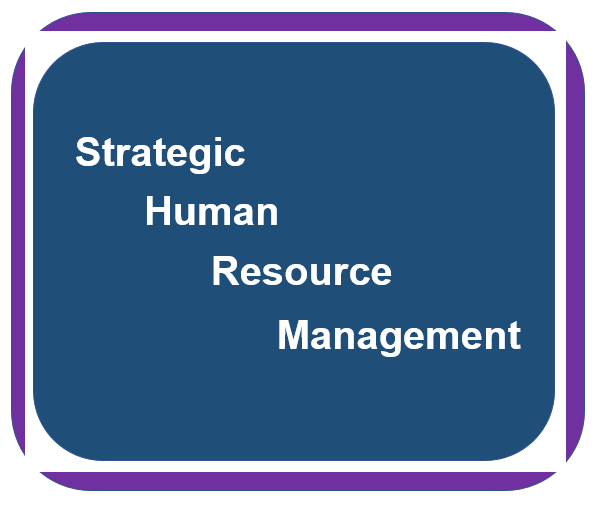
Professional Diploma in Strategic Human Resource Management
£275.00
overview
A Professional Diploma in Strategic Human Resource Management is a program designed to equip HR professionals with the skills and knowledge necessary to manage an organisation's human capital effectively. The diploma is intended for individuals who want to advance their careers in the field of HR, whether they are already working in HR or want to move into the field. The program covers human resource planning, recruitment and selection, training and development, compensation and benefits, performance management, employee relations, and strategic HRM. In addition, students will learn how to align HR strategies with the overall business strategy, develop and implement HR policies and procedures, and measure the effectiveness of HR initiatives. The course may also cover emerging HR trends, such as the impact of technology on HR, diversity and inclusion in the workplace, and the growing importance of team member engagement and retention. The diploma program may be offered in various formats, including online, in-person, or a blend of both. The duration of the program can vary, but it typically takes several months to complete. Upon completion of the program, students will be equipped with the knowledge and skills necessary to become effective HR professionals and make valuable contributions to their organisations. The Professional Diploma in Strategic Human Resource Management is a valuable credential that can help HR professionals advance their careers and take on more senior positions within their organisations.
Learning Outcomes
- Understanding the importance of HRM in achieving organisational objectives.
- Developing skills in strategic thinking and aligning HR strategies with business goals.
- Developing skills in analysing the human resource needs of an organisation.
- Developing skills in recruitment, selection, and onboarding of employees.
- Understanding the principles of training and development and its impact on employee performance.
- Understanding the principles of compensation and benefits and its impact on employee motivation.
- Understanding the principles of performance management and its impact on employee performance and productivity.
- Developing skills in managing employee relations and building a positive workplace culture.
- Understanding the impact of technology on HR practices and the ability to integrate technology into HRM processes.
- Developing an understanding of the importance of diversity, inclusion, and employee engagement in the workplace.
Main topics
- Human Resource Management
- Hiring, developing, motivating, & evaluating employees
- Human Resource Planning: The process of forecasting an organisation's human resource needs and developing strategies to meet those needs.
- Recruitment and Selection: The process of attracting, selecting, and hiring the best candidates for job openings in an organisation.
- Training and Development: The process of developing employees' skills, knowledge, and abilities to enhance their performance and prepare them for future roles.
- Compensation and Benefits: The design and implementation of pay and benefits programs to attract, retain, and motivate employees.
- Performance Management: The process of setting goals, providing feedback, and evaluating the performance of employees to improve organisational performance.
- Employee Relations: The management of relationships between an organisation and its employees, including labour relations, dispute resolution, and employee engagement.
- Strategic HRM: The alignment of HR strategies with the overall business strategy to achieve organisational goals and objectives.
- Emerging HR Trends: The impact of technology on HR, diversity and inclusion in the workplace, and the growing importance of employee engagement and retention.
Copyright © 2021 All rights reserved.
